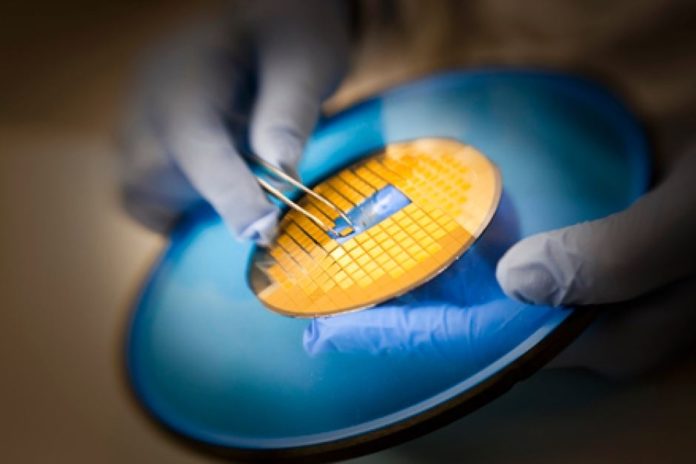
A small Brisbane medical research firm could soon hit the big time, thanks to its ground breaking needle-free vaccine delivery research.
Vaxxas has just signed an agreement with the World Health Organisation (WHO) to trial its Nanopatch delivery system for polio vaccines, which the company hopes will progress the technology through the next stage of clinical trials.
At the moment, polio vaccines are being delivered around the world in liquid form and administered either orally or through a needle and syringe.
Because they need to be administered by trained medical professionals, polio cases are on the rise again in global hotspots, especially war zones.
Vaxxas hopes its Nanopatches will eventually overcome those challenges.
“The partnership has the potential to be a game-changer for polio vaccines,” said Professor Mark Kendall, Vaxxas’ founder and chief technology officer.
“The Nanopatch, because it’s a needle-free approach and because it doesn’t need refrigeration and because it’s simple to use, has the potential to overcome those needle-based, liquid-based challenges.”
Each Nanopatch is about the size of an adult thumbnail. It contains around 20,000 microprotrusions – or microscopic bumps on the surface of the patch – which are coated in the vaccine.
The vaccine is administered to the outer layer of the skin, where most immune cells are found.
But as promising as the Nanopatch is, Vaxxas may never have evolved to where it is today if not for the Innovation Investment Fund, which was scrapped in the 2014 federal budget.
“That allowed us to conduct this work,” Professor Kendall said.
“It allowed us to have Vaxxas within Australia, and to pioneer the work we are doing with the Nanopatch here in Australia and buck against the natural trend of taking the work offshore.”
Brandon Capital Partners was one of the founding investors in Vaxxas.
Brandon’s managing director Chris Nave said the loss of the Innovation Investment Fund will be “catastrophic” for the local biotechnology industry.
“And obviously the impact of that will take several years to be felt. But it leaves us without true early-stage risk capital for our promising medical innovations,” he said.
While the Federal Government has declared an end to “the age of entitlement”, Mr Nave said biotech is a special case, because it is Australia’s only manufacturing growth area, and the fruits from its research will help cut government health spending in the future.
He argued that even when government support for medical research was at its peak, Australia still lagged innovation powerhouses like Israel and the US.
And Mr Nave was not optimistic the Coalition’s $20 billion Medical Research Fund would be able to fill the void quickly, given it is bogged in a Senate arm-wrestle.
“What’s going to happen is we’re going to continue to innovate and develop great new medical treatments, but they will be lost to overseas companies – mainly US and European pharmaceutical companies,” he said.
“Because there’ll be no-one here to pick them up and develop them, so they’ll be picked up cheaply and exported overseas.”
Source: ABC
